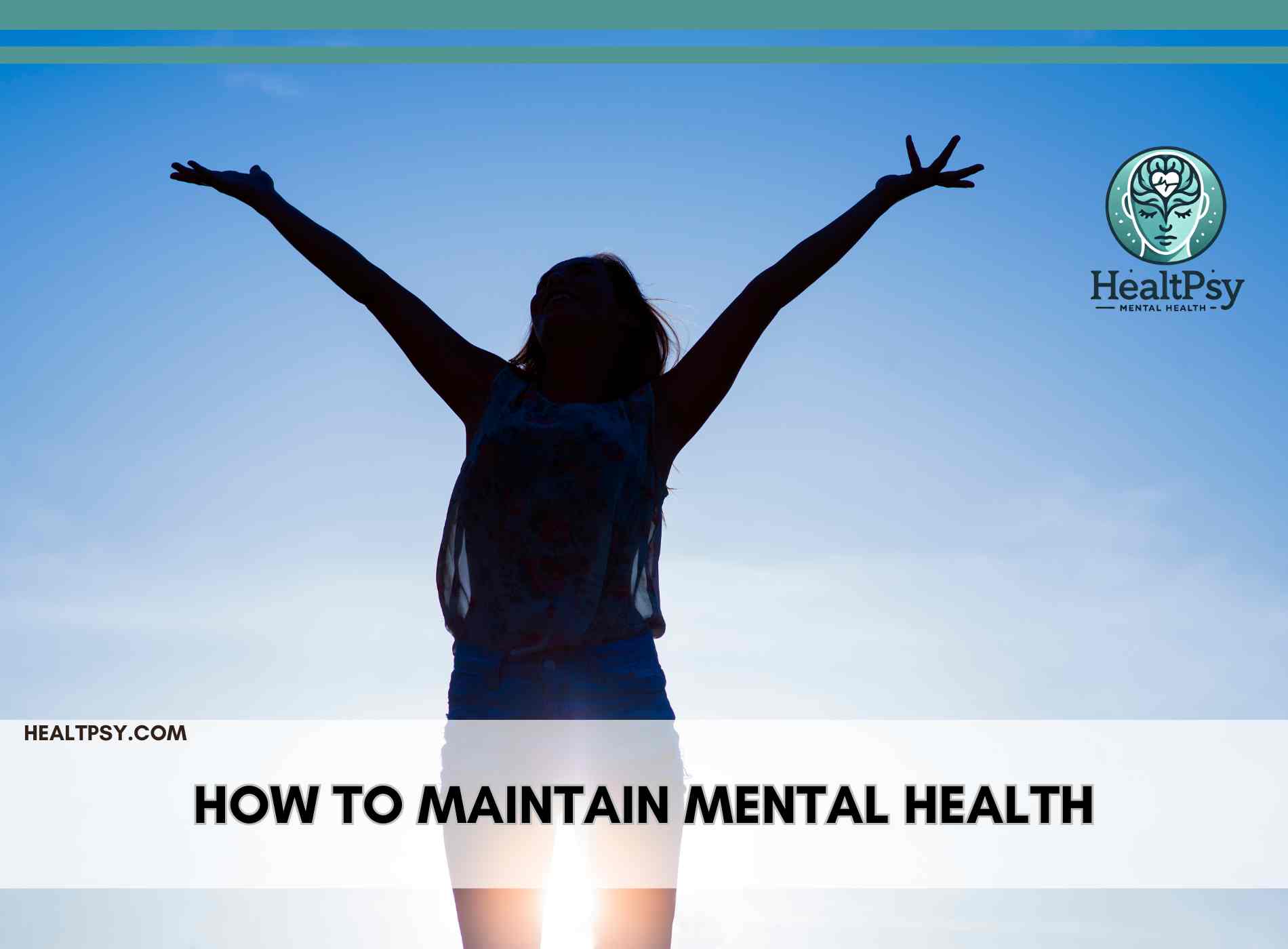How to Maintain Mental Health
Introduction
Mental health is a vital component of overall well-being. It encompasses emotional, psychological, and social aspects that influence how we think, feel, and behave. Maintaining good M.Health is essential for building resilience, managing stress, and leading a fulfilling life. For example, a person with stable mental health can navigate daily challenges, such as workplace stress or personal conflicts, with greater ease. This article explores actionable strategies to support and improve mental health daily.
The Importance of Maintaining Mental Health
Mental health plays a critical role in:.
- Enhancing emotional resilience, enabling individuals to recover from setbacks efficiently.
- Boosting productivity and creativity, which are essential for success in both personal and professional spheres.
- Improving relationships and social interactions, fostering meaningful connections with others.
- Reducing the risk of mental health disorders, including anxiety and depression.
- Promoting physical health, as mental well-being is closely linked to cardiovascular health and immunity.
For instance, research by the World Health Organization (WHO) suggests that individuals with strong mental health are 30% more likely to excel in their careers compared to those who struggle with mental health issues.
Strategies to Maintain Mental Health
1. Prioritize Self-Care
Self-care is fundamental to mental health. This includes:
- Physical Care: Regular exercise, such as walking for 30 minutes daily, balanced nutrition, and sufficient sleep improve mood and energy levels.
- Emotional Care: Engage in activities that bring joy, such as painting, listening to music, or spending quality time with loved ones.
- Relaxation Techniques: Practices like meditation, deep breathing, and yoga help reduce stress and promote calmness.
Practical Tips for Physical Care
Set a consistent sleep schedule and include nutrient-rich foods like leafy greens and proteins in your diet to enhance physical and mental well-being.
2. Build Strong Social Connections
Positive relationships provide emotional support and reduce feelings of isolation. Ways to strengthen connections include:
- Spending quality time with family and friends by organizing weekly gatherings or virtual calls.
- Joining clubs, groups, or community activities to meet like-minded people.
- Volunteering to connect with others while giving back to the community, which can also foster a sense of purpose.
3. Set Realistic Goals
Setting achievable goals fosters a sense of purpose and accomplishment. Start by:
- Identifying short-term and long-term objectives, such as learning a new skill within three months.
- Breaking them into smaller, manageable tasks, like practicing for 15 minutes daily.
- Celebrating progress along the way, even for small wins.
4. Practice Mindfulness
Mindfulness involves being fully present in the moment. Benefits include reduced anxiety, better focus, and improved emotional regulation. Techniques include:
- Daily meditation sessions using guided apps like Headspace.
- Journaling thoughts and emotions to reflect on your mental state.
- Engaging in activities mindfully, such as eating or walking without distractions.
Mindful Practices for Beginners
Start with a simple breathing exercise: inhale for four seconds, hold for four seconds, and exhale for six seconds. Repeat for five minutes daily.
5. Seek Professional Help When Needed
Mental health professionals provide valuable support for managing challenges. Don’t hesitate to:
- Consult a therapist or counselor for tailored strategies.
- Attend support groups to connect with others facing similar issues.
- Consider medication if recommended by a psychiatrist for conditions like severe depression or anxiety.
Common Challenges in Maintaining Mental Health
- Chronic Stress: Persistent stressors at work or home can take a toll on mental health. For example, high workloads can lead to burnout.
- Stigma: Fear of judgment may prevent seeking help, especially in conservative cultures.
- Lack of Time: Balancing responsibilities can leave little room for self-care, particularly for working parents.
Overcoming Barriers
To address these challenges:
- Stress Management: Practice time management and relaxation techniques like progressive muscle relaxation.
- Educate About Mental Health: Promote awareness to reduce stigma by sharing personal stories and educational resources.
- Schedule Self-Care: Treat it as a non-negotiable part of your routine, such as blocking 30 minutes daily for relaxation.
The Role of Society in Supporting Mental Health
Communities and workplaces can foster mental wellness by:
- Providing access to resources like Employee Assistance Programs (EAPs) for professional guidance.
- Creating supportive environments where open conversations about M.Health are encouraged.
- Organizing workshops and events focused on stress management and mental well-being.
Conclusion
Maintaining mental health requires ongoing effort and proactive strategies. By prioritizing self-care, building strong relationships, and seeking help when needed, individuals can lead balanced, fulfilling lives. Societal support and awareness further enhance the collective mental well-being, fostering a healthier, more resilient community. Start today by implementing one small change to prioritize your M.Health.
Resources
you might also like




